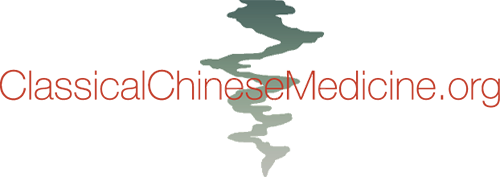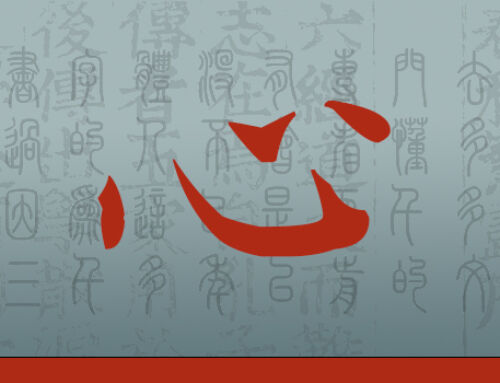By Anonymous
Translated by Heiner Fruehauf
National University of Natural Medicine, College of Classical Chinese Medicine
Everyone who walks the path of healing has to first understand the fundamental principles that are behind all technical aspects of medicine. Only then should herbs and other modalities be prescribed. If healing is approached from the underlying source, all treatment efforts will be sublime and clinical results will naturally follow. If the real reasons for disease are not properly understood and are not informing the guidelines for treatment, then how would I be possible to issue an effective prescription? And how, then, could disease be truly cured? I want to start my discussion with this guiding statement, and urge any student of medicine to take note.
Every physician should be warm and dignified by nature; humble and respectful by disposition; polite in actions; soft and flexible in behavior; devoid of self-aggrandizing attitude and without indulgence in pride and extravagance. S/he should study a variety of formula and treatment approaches, become erudite in the ethical paradigms put forth in the Confucian classics (yili), understand the methodology of climate patterns and their relationship to the formation of diseases (yunqi), know the way of yin/yang intimately, display good hands-on diagnostic skills in the form of pulse taking and other types of palpation, differentiate true symptoms from false leads, distinguish heat patterns from cold patterns, separate surface symptoms from underlying constitutional causes, and discern the severity of a disorder. A minor issue should never be blown up to sound like a major one, and an easy case should not be made to look difficult. Wealthy and poor patients should be treated with the same level of attention, and those with rank and those without social status should receive the same type of medicine. Everyone who practices like this will stay close to the Dao. Everyone who violates these principles will become the enemy of the life-giving Spirit.
When a decent physician is called to the side of a sick person, s/he won’t decide whether or not to heed the call based on the patient’s social standing or the distance to travel, but proceed to the sick person’s house as if it was his/her own family. First, then, the question should be posed whether so far any other doctors have been involved, and if yes, what type of medicines were prescribed. It is particularly important to see whether the patient has undergone any purgative procedures, because this piece of information tends to reveal states of excess or deficiency. If purgatives have already been administered, the patient will most definitely be in a state of deficiency, a fact that detailed questioning will corroborate. When treating children, moreover, individual differences in geographical location, climate and hereditary constitution are especially important to observe. Nobody should ever be treated the same way—this principle was most important to the wise physicians of old!
Introduction to Xiao’er weisheng zongwei lun fang (A Guide to Children’s Health: Theoretical Discussions and Treatment Plans), 1156 AD
© 2014 Heiner Fruehauf





Leave A Comment
You must be logged in to post a comment.